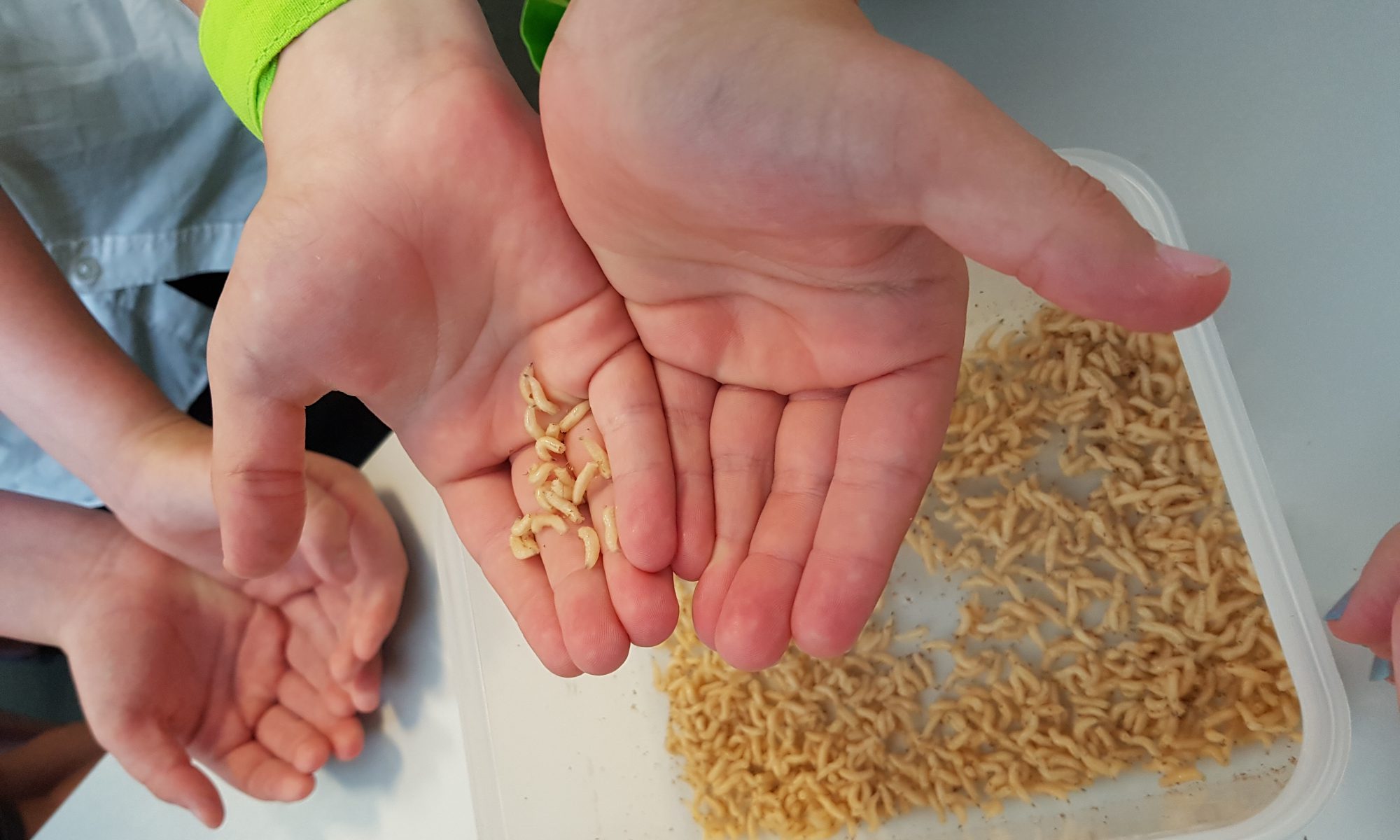The love a maggot team surveyed the public on their perception of maggots as a wound treatment
Please click here for our paper on public perception (JoWC public perception paper)
The love a maggot team surveyed nurses on their perception of maggots as a wound treatment.
Please click here for our paper on nurses perception (JoWC public perception paper)
We also found that the media interest increased awareness of maggots, e.g. when our work was incorporated into episodes of BBC Casualty, we raised awareness and increased acceptance to the therapy.
Please click here to read our Casualty paper.
Evaluation of our Campaign so far….
We have evaluated every session and event of our love a maggot campaign, and asked questions about acceptance and use if offered.
Below is a summary of the evaluation of our Love a Maggot Public engagement events and campaign!
|
Love a maggot campaign and Public Engagement: Significance The LAM campaign was highlighted through a series of roadshows and major public festivals including the British Science Festival. Our campaign led to the development of an online presence through LAM social media (Facebook and Twitter), website, and public education videos and animations we released on YouTube. Through evaluation and analysis of feedback gathered from numerous engagement events the following data was collected:
Before visiting the LAM event, 46% of people found the idea of using maggots to help wounds heal disgusting! After visiting the LAM event, 96% found the idea of using maggots in wounds quite acceptable / more acceptable
Before visiting the LAM event, 45% would agree to maggot therapy if they had a non-healing wound After visiting the LAM event, 91% would agree to maggot therapy if they had a non-healing wound Once adults engaged with the LAM activities, they changed from an innately negative to an overwhelming positive view of maggot therapy: We transformed people’s attitudes and perceptions towards medicinal maggots.
|

